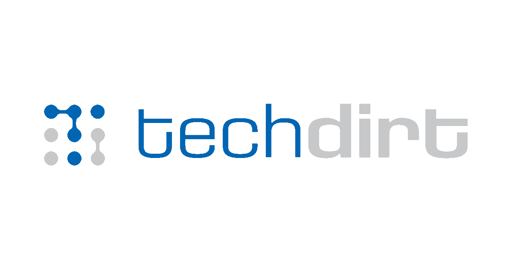Using social media as an example, universities have a strong interest in promoting the work being done at their campuses far and wide. This is where traditional platforms fall short: algorithms typically prioritizing paid content, downrank off-site links, and prioritize sensational claims to drive engagement. When users are free from enshittification and can themselves control the platform’s algorithms, as they can on platforms like Bluesky, scientists get more engagement and find interactions are more useful.
Institutions play a pivotal role in encouraging the adoption of these alternatives, ranging from leveraging existing IT support to assist with account use and verification, all the way to shouldering some of the hosting with Mastodon instances and/or Bluesky PDS for official accounts. This support is good for the research, good for the university, and makes our systems of science more resilient to attacks on science and the instability of digital monocultures.
This subtle influence of intermediaries can also appear in other tools relied on by researchers, while there are a number of open alternatives and interoperable tools developed for everything from citation management, data hosting to online chat among collaborators. Individual scholars and research teams can implement these tools today, but real change depends on institutions investing in tech that puts community before shareholders.
When the current GOP admin started dismantling science in the USA, it occurred to me that a positive outcome might be the decentralization of science.


